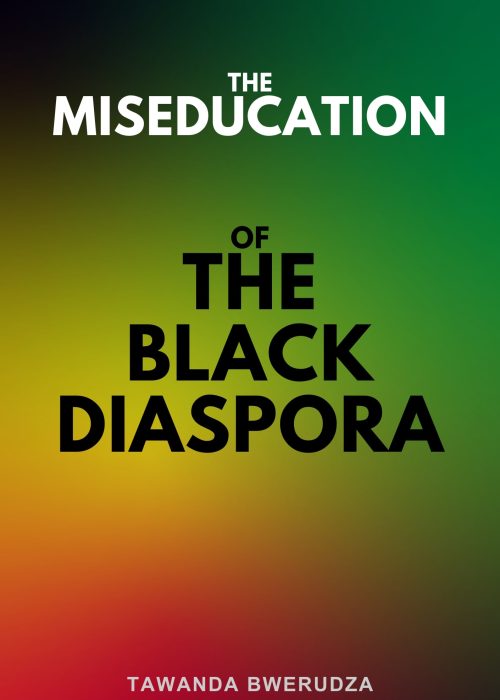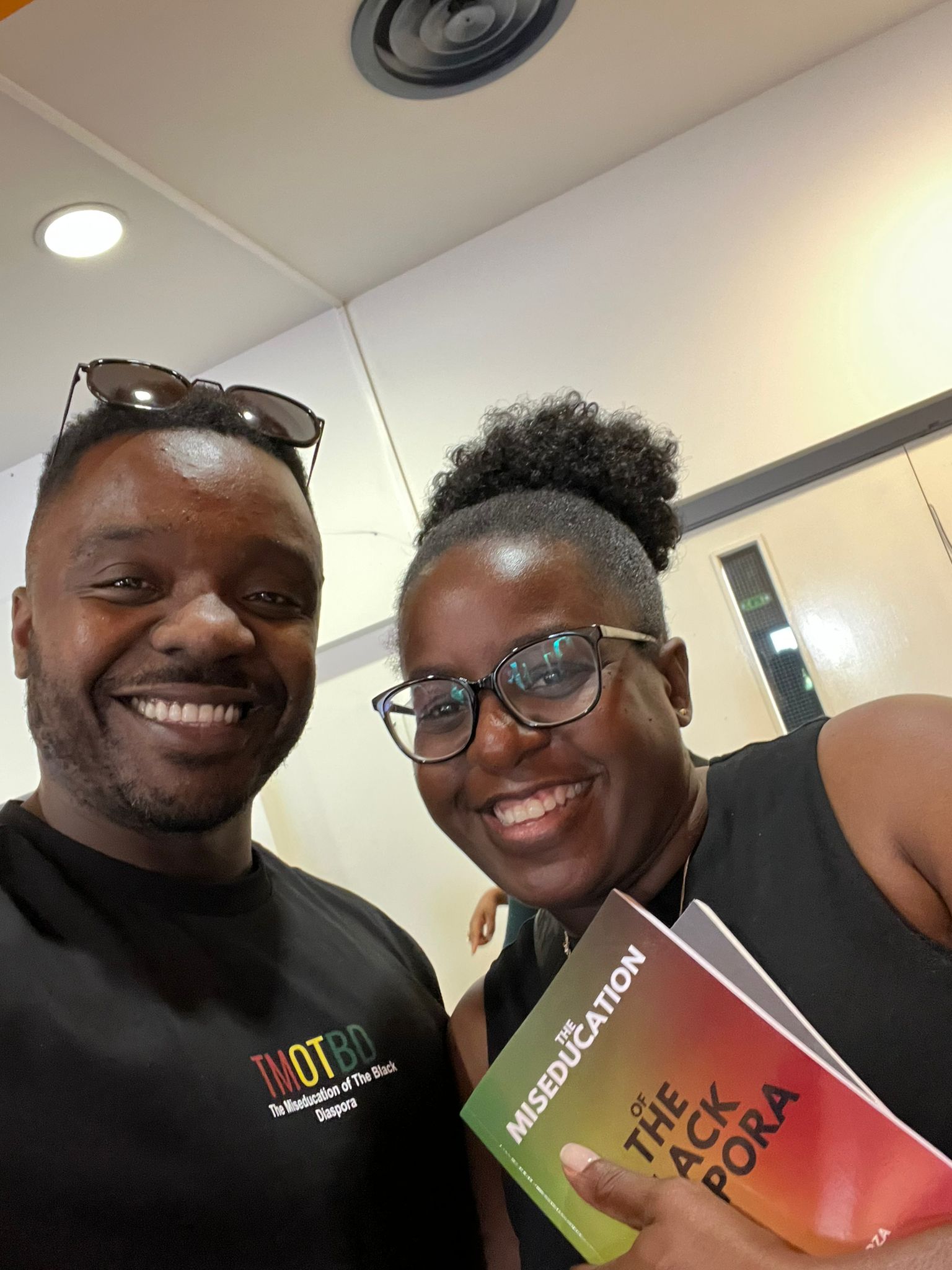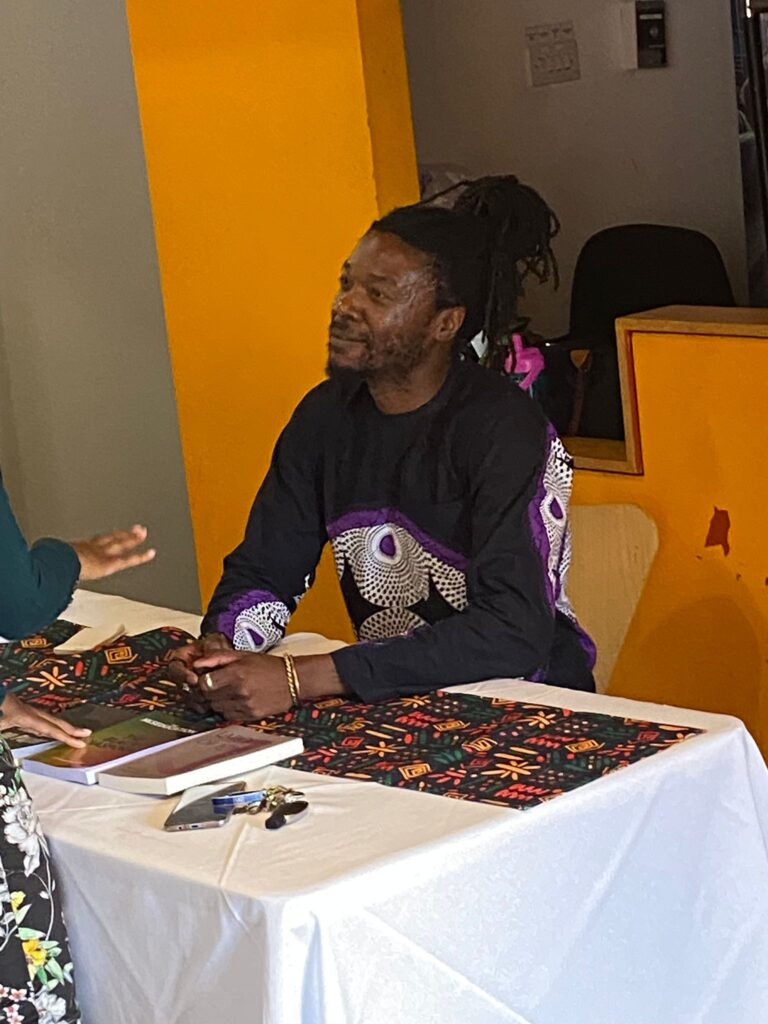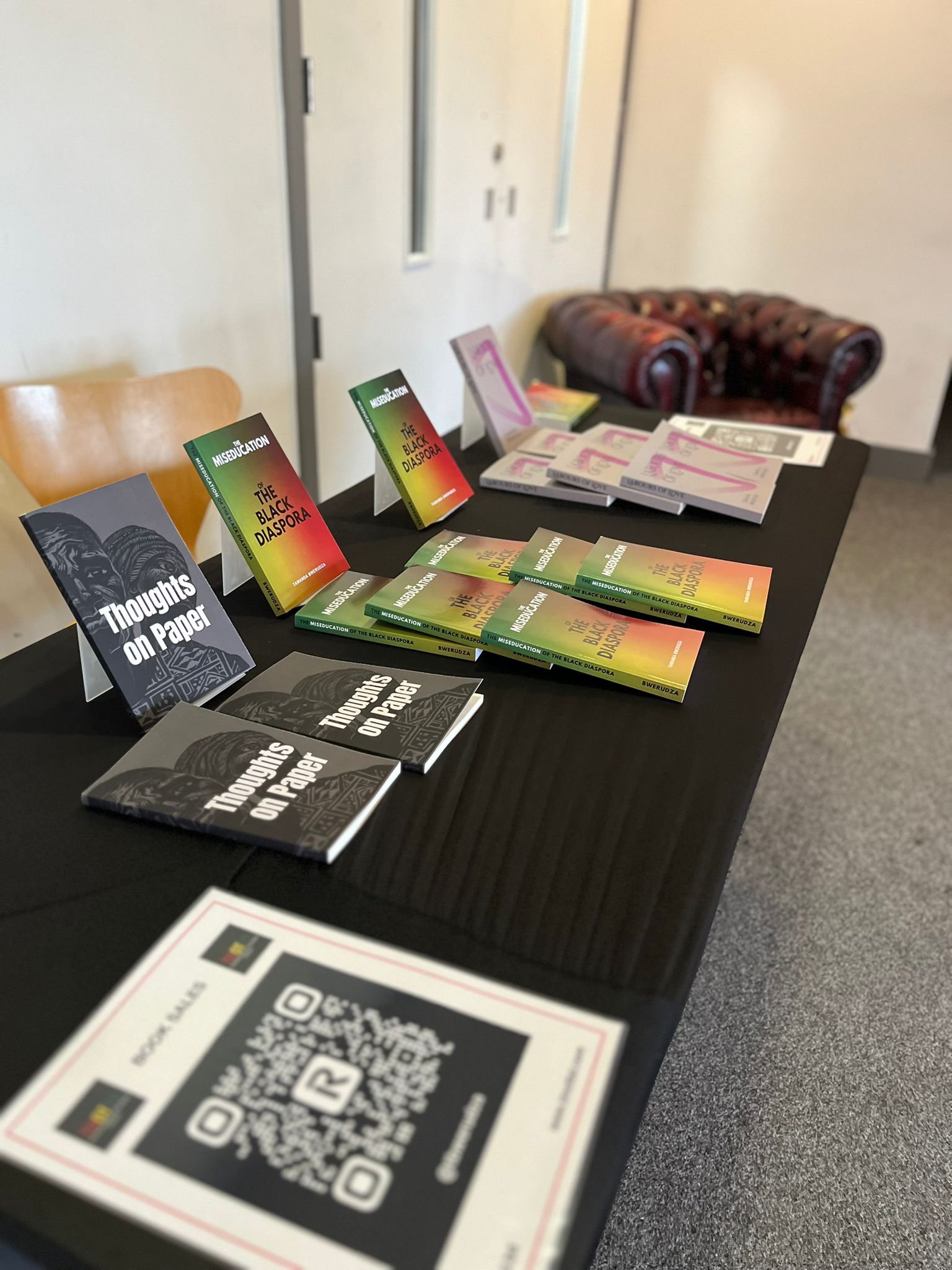New Book
The Reeducation Starts Here – Reclaim Your Truth
For centuries, the narrative has been written for us. Now, it’s time to uncover and reclaim our history. The Miseducation of the Black Diaspora by Tawanda Bwerudza is a powerful exploration of identity, psychology, history, and the truths that have been hidden.


Book Now Live
Reveal the Truth, Reclaim Our Identity
For too long, Africa and her people have been purposefully miseducated. From mental colonisation to the evolution of racism, The Miseducation is a deep dive into the hidden forces shaping the African experience—both on the continent and in the Diaspora.
Tawanda Bwerudza takes you on a transformative journey, unpacking:
✅ The internal struggles between Africans and the Diaspora
✅ The psychological impact of colonial conditioning
✅ The modern dangers accelerating the erosion of African culture
✅ A roadmap to breaking free and reclaiming our power
This is more than a book—it’s a wake-up call. Are you ready to unlearn and rebuild?
A Word From The Author
“To understand who we are, we must first unlearn what we were taught to be.” – Alvin Toffler
For too long, Africa and her people—both on the continent and in the Diaspora—have been shaped by external narratives. The stories that we’ve been told, the history we’ve inherited, and the systems that we must navigate have conditioned us in ways we rarely question.
In The Miseducation of the Black Diaspora, I challenge these narratives. This book is a call to consciousness, urging us to examine how our identity has been shaped, our continuous struggles, and ultimately what lay ahead -our future. It’s time to break free from the mental shackles, find our pride, and reclaim our heritage.
I invite you to join me on this journey of awakening and empowerment. Together, let us spark the change needed for our mental liberation.






